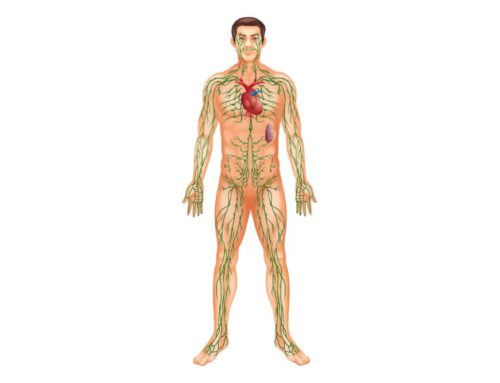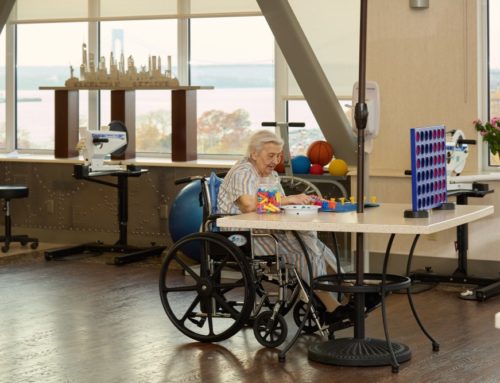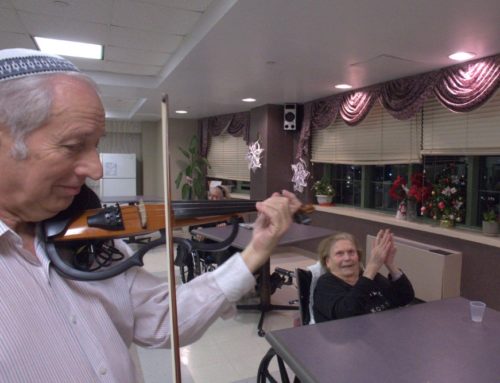Forgetfulness seems to come with age, though some people have more issues with memory loss than others. Those with Alzheimer’s, dementia, or other neurological diseases may struggle with this issue. Luckily, there are a variety of memory activities that can help reduce and prevent memory loss.
These activities are designed to avoid frustration, improve moods, and alleviate symptoms of depression. There are a few options to choose from, including recreational, physical, or mental activities. All are beneficial when it comes to memory retention, though in varying ways. For more information on what type of memory activities are available, check out the following information.

Memory Activities That Work
Like other muscles in your body, the brain needs to exercise to ensure it is functioning properly. An active mind can help you retain your memories of both current and past events. Unfortunately, some issues can hinder your memory functions, including depression, frustration, stress, and anxiety, which can trigger memory issues, making those original symptoms even worse.
That’s why memory activities are designed to counter these feelings. As well as being fun and entertaining, they stimulate your mind and work your body for the best results. Let’s take a look at what each type of activity has to offer.
Recreation therapy activities
Although therapeutic recreational activities seem to be mainly used for entertainment, there is a powerful social aspect involved. They do help to boost moods and keep an individual focused on the activity instead of their fears and anxieties. These activities can include sing-a-longs, painting, and listening to live music, playing brain games.
Brain exercise activities
The brain controls every one of our body’s functions, so it needs to stay sharp. Exercising your brain every day is a must to ensure it is keeping up with its tasks. Certain activities can help maintain these functions, as well as improve memory, creativity, and intelligence.
Memory activities that stimulate brain function can include playing games. Some examples are card games, board games, crossword puzzles, jigsaw puzzles, chess, and Sudoku. You can also try some more creative activities, like painting, drawing, or creative writing.
Learning a new skill or hobby is also a great way to stimulate your brain. Depending on your abilities, you can try knitting, quilting, photography, or drawing. Learning to play an instrument is also a good option. Even learning a new language or increasing your vocabulary in a known one can improve your memory.
Physical activities
Physical activities have a variety of benefits for your brain as well as your body. When you move, it increases your blood circulation, which brings more oxygen to your brain. Not only does this make them excellent memory activities, but it also increases cognition and motor coordination.
You don’t need to participate in any strenuous activities, either. Though organized sports, difficult workouts, or even dancing may be out of your range, there are other options. Going for a walk is a good option for those with limited mobility. Yoga and Tai Chi gently work your body while calming the mind and promoting relaxation.
This content comprises informative and educational resources only and can not be considered as a substitute for professional health or medical guidance. Reliance on any information provided in this article is solely at your own risk. If you have any inquiries or apprehensions about your medical condition or health goals, talk with a licensed physician or healthcare provider.






Leave A Comment